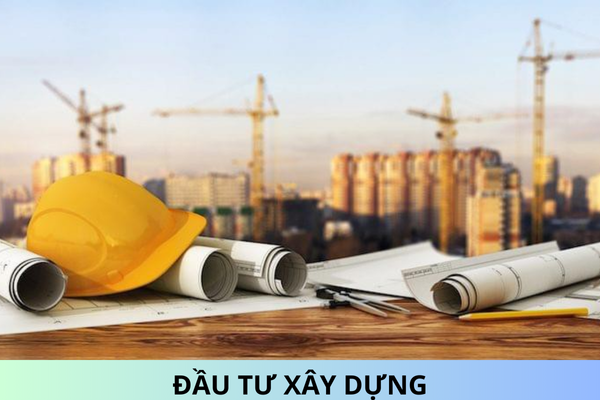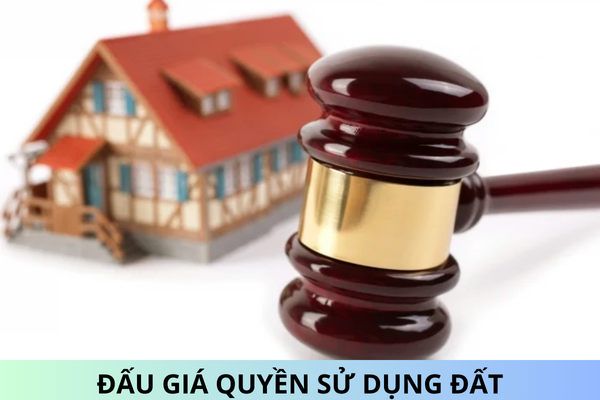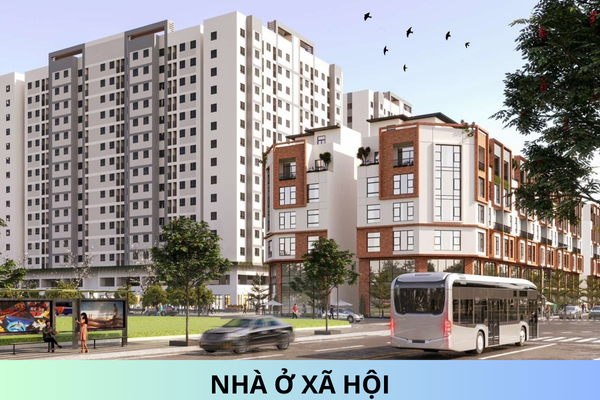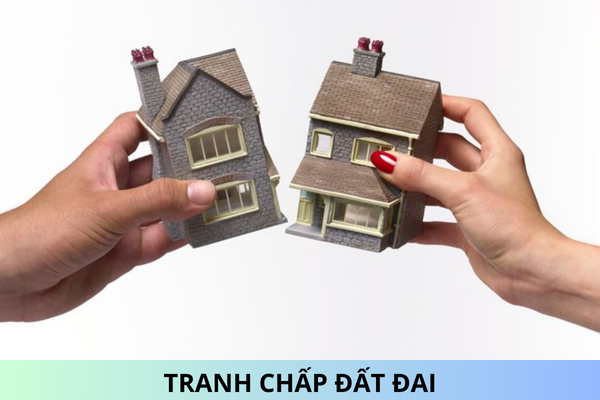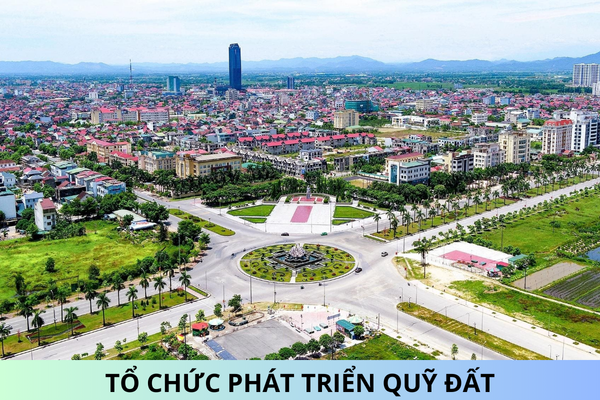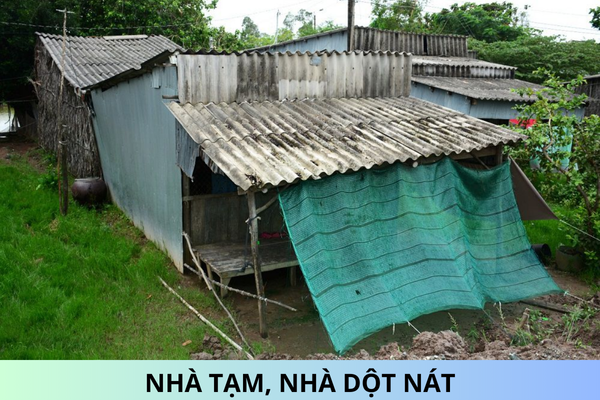Can entities who do not pay PIT regularly buy social housing in Vietnam?
Can entities who do not pay PIT regularly buy social housing in Vietnam? What are regulations on determination of the rents and lease purchase prices of social housing invested by the State in Vietnam? What is handling for the case that lessee under agreements on lease purchase of social housing dies in Vietnam?
Can entities who do not pay PIT regularly buy social housing in Vietnam?
I am learning about the procedure for buying social housing. In which, the object of application is the person whose income is not subject to regular PIT. I have a salary of 10 million, after deductions, the income is 8.7 million. I have applied for family deduction for dependents, and got tax finalization at the end of the year. So, am I classified as not subject to regular PIT? And am I eligible to buy a house? Looking forward to advice! Sincere thanks.
Reply:
According to the information you provide, your salary is 10 million, after deducting the income, your income is 8.7 million. You do not provide clearly what these amounts are. Because according to the provisions of Clause 5, Article 1 of the 2012 Personal Income Tax Law, A taxed income from business, salary or wage is the total of taxable incomes specified in Articles 10 and 11 of this Law minus premiums of social insurance, health insurance, unemployment insurance and professional liability insurance for some professions and jobs subject to compulsory insurance, the Voluntary Retirement Fund and reductions specified in Articles 19 and 20 of this Law.
If the deductions are the above, then you are not subject to personal income tax (after deducting contributions from social insurance, health insurance, unemployment insurance, etc, the family situation has not been deducted but the remaining income is 8.7 million VND, you do not need to apply for family deduction. You should contact your company's accountant for more guidance). And your case will be the case that you do not have to pay regular income tax.
About buying social housing:
According to the provisions of Article 49 of the Law on Housing 2014, entities eligible for incentive policies on social housing
If the entities below satisfy requirements prescribed in Article 51 of this Law, they shall be eligible for incentive policies on social housing:
1. People with meritorious services to the Resolution prescribed in law on preferential treatment for people with meritorious services to the Resolution;
2. Households living in poverty or near poverty in rural areas;
3. Households that are often affected by natural disasters or climate changes in rural areas;
4. Individuals living in low income, poverty or near poverty in the urban areas;
5. Employees working in enterprises inside or outside the industrial zones;
6. Commissioned officers, professional and technical non-commissioned officers, standing army, and workers in the agencies of People’s Police and People’s Army;
7. Officials and civil servants prescribed in law on officials and civil servants;
8. Entities who have returned official residence as prescribed Clause 5 Article 81 of this Law;
9. Students of institutes, universities, colleges, vocational training institutions; students of the public ethnic boarding schools using social housing during their duration of study;
10. Households or individuals subject to land withdrawal and land clearance as prescribed without any compensation in form of housing or residential land paid by the State.
At the same time, in order to buy social housing, the above subjects must meet the conditions specified in Article 51 of the Law on Housing 2014, specifically:
1. The entities eligible for the policies as prescribed in Clause 1 Article 50 of this Law shall satisfy the requirements pertaining to housing, residence, and income as follow:
a) They have not had any house under their homeownership, have not concluded any agreements on social housing purchase, lease, or lease purchase, have not benefited from any policy on housing or residential land support in any shape or form at the places where they live, study, or have houses under their homeownership, but the floor space per capita in the household is lower than the minimum space standard regulated by the Government in every period and every area;
b) They are required to register permanent residence in the province where the social housing is located; if not, they are required to register temporary residence in that province for at least one year, except for cases prescribed in Clause 9 Article 49 of this Law;
c) With respect to entities prescribed in Clause 4, 5, 6 and 7 Article 49 of this Law, they are required to be not subject to regular income tax as prescribed in law on personal income tax; with respect to households living in poverty and near poverty, they must be subject to the households living in poverty and near poverty as prescribed in regulations of the Prime Minister. With respect to entities prescribed in Clause 1, 8, 9 and 10 Article 49 of this Law, they are not required to satisfy requirements pertaining to income as prescribed in this Point.
2. The entities eligible for the policies as prescribed in Clause 2 and Clause 3 Article 50 of this Law must conform to approval for target programs for housing granted by the competent agency.
3. Any entity eligible for the policies as prescribed in Clause 4 Article 50 of this Law shall satisfy the requirements pertaining to housing, residence, and income as follows:
a) They have residential land without housing, or they have housing but it is damaged or dilapidated;
b) They have registered permanent residence in the place where their residential land or housing required construction or renovation is located.
Thus, based on the above provisions in Vietnam, you must be the entities specified in Article 49 of the Law on Housing and must meet all the conditions specified in Article 51 of this Law to enjoy the social housing support policy.
Above is the content of advice on buying social housing for those who do not pay PIT regularly. To better understand this issue, you should refer to the Housing Law 2014 in Vietnam.

What are regulations on determination of the rents and lease purchase prices of social housing invested by the State in Vietnam?
Hi guys, I have a few questions that need to be answered. I am wishing to learn the provisions of the law related to the ownership, development, management and use of housing; housing transactions; State management of housing in Vietnam. Can you tell me what are regulations on determination of the rents and lease purchase prices of social housing invested by the State? Specifically in which text? Please help me answer.
Reply:
In Article 60 of the Law on Housing 2014, the regulations on determination of the rents and lease purchase prices of social housing invested by the State:
The rents or lease purchase prices of the social housing invested by the State using capital resources prescribed in Clause 1 Article 53 of this Law shall be determined as follows:
1. Regarding the housing under lease agreements, the rents shall comprise expenditures on housing maintenance; capital recovery costs for at least 20-year payback period, from the day on which the lease agreement is signed; regarding the housing leased out to students, the rents shall only comprise expenditures on administration and maintenance, exclusive of the capital recovery costs;
2. Regarding the housing under lease purchase agreement, the lease purchase prices shall comprise the capital recovery costs for at least 5-year payback period, from the day on which the lease purchase agreement is signed;
3. The land levies and/or land rents on the piece of land used for social housing construction shall be exempted;
4. The competent agency prescribed in Clause 2 Article 81 of this Law shall promulgate the rents and lease purchase prices of social housing.
In Article 55 of Decree 99/2015/ND-CP, rents and lease-purchase prices of state-owned social housing, cost of management and use of state-owned social housing:
1. Rents for state-owned social housing shall be determined in accordance with Clause 1, Clause 3, and Clause 4 Article 60 of the Law on Housing. Lease-purchase prices of state-owned social housing are determined in accordance with Clause 2 through 4 Article 60 of the Law on Housing minus the housing maintenance fees paid by the buyer/tenant as specified in Article 108 of the Law on Housing.
2. Apart from paying the rent or lease-purchase price as set out in Clause 1 of this Article, the tenant or buyer/tenant must pay the costs of management and use of the house, including operating cost, payment for electricity and water supply, communications, televisions, and other services in accordance with regulations of law and agreements with service providers.
3. The Ministry of Construction shall provide specific guidance on determination of costs, rents, and lease-purchase prices of state-owned social housing.
What is handling for the case that lessee under agreements on lease purchase of social housing dies in Vietnam?
In case the lessee under agreements on lease purchase of social housing dies, what is handling for it? Hello, I am Dinh Bao, I am wishing to learn the provisions of the law related to the ownership, development, management and use of housing; housing transactions; State management of housing in Vietnam. I have a question that I need you to help me answer. May I ask, What is handling for the case that lessee under agreements on lease purchase of social housing dies? In which legal documents can I find information? Looking forward to hearing from you. Sincerely thank!
Dinh Bao (dinhbao*****@gmail.com)
Reply:
According to the provisions of Clause 2, Article 135 of the Law on Housing 2014, in case the lessee dies, the settlement shall be as follows:
2. If the lessee dies, it is required to follow the procedures below:
a) If there is any lawful heir living in that house with the lessee, he/she has right to continue renting and buying the house, unless the lawful heir voluntarily returns the house under lease purchase agreement;
b) If the lessee has lawful heir(s) but they do not live together in that house, and the lessee has paid for two-thirds of the lease purchase term, the lawful heir(s) is/are entitled to pay off the total amount in proportion to one-thirds of the remaining lease purchase term and the heir(s) shall be issued the Certificated by the competent agency;
c) If there is any lawful heir not subject to Point a and Point b of this Clause, the lessor is entitled to withdraw the house and the lawful heir is entitled to claim the refund of option included in the interest as prescribed in inter-bank unperiodical interest rates on the day on which the option is refunded;
d) If there is not any heir, the option shall be under ownership of the State and the lessor is entitled to withdraw the house, and then enter into other lease agreement or lease purchase agreement with other entities entitled to rent or rent and purchase social housing as prescribed.
Above is the content of advice on way to handle the case of the death of lessee under agreements on lease purchase of social housing. For more detailed information, you should refer to the Housing Law 2014 in Vietnam.
Best regards!

